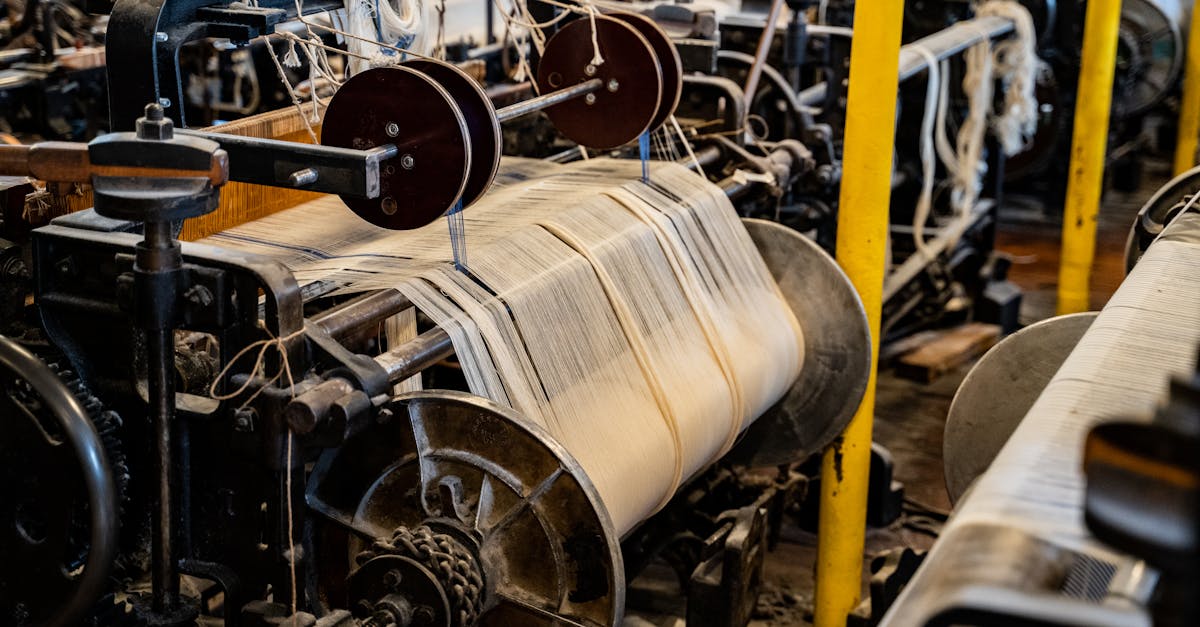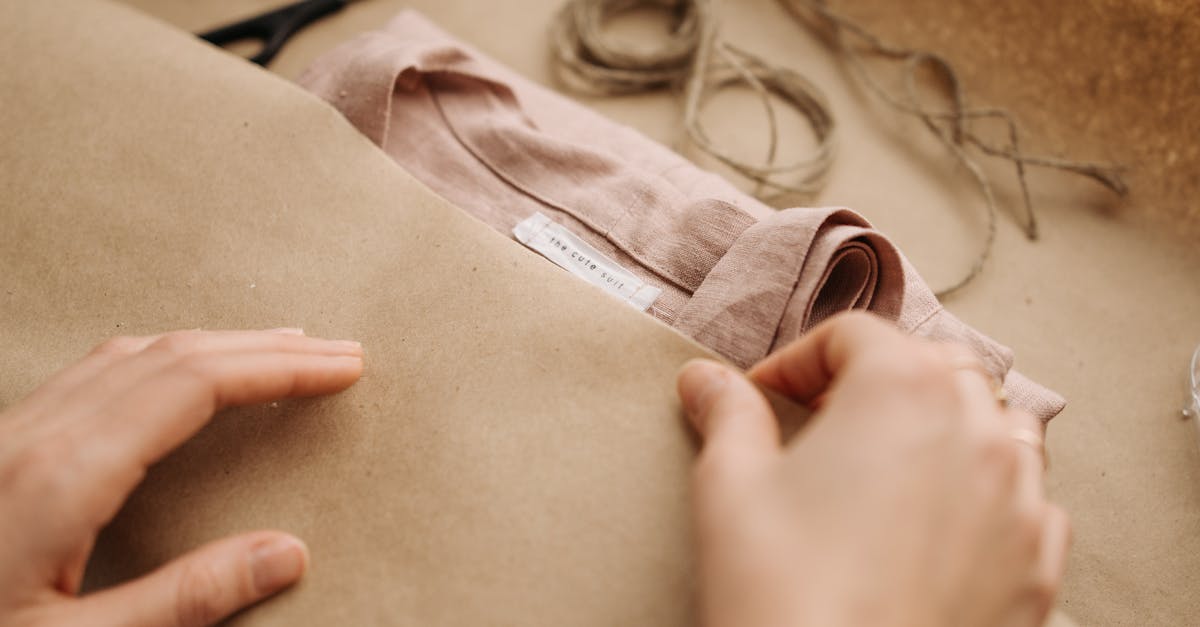Sustainable Fashion The Future of Eco Friendly Clothing
Introduction
As the fashion industry grapples with its environmental footprint, sustainable fashion has emerged as a promising solution. Eco-friendly clothing not only minimizes environmental harm but also promotes ethical production practices. This article delves into the rise of sustainable fashion and its potential to revolutionize the industry.
Advertisement
Understanding Sustainable Fashion
Sustainable fashion reflects a shift towards environmentally conscious manufacturing and consumption. It involves using resources responsibly, minimizing waste, and ensuring fair labor practices. With growing awareness, many brands are reshaping their strategies to tap into this paradigm shift.
Advertisement
The Fabric Revolution
Innovations in fabric technology have been pivotal in promoting sustainable fashion. From organic cotton and bamboo to recycled polyester, these materials require less resource-intensive processes. Moreover, they decompose more readily, reducing landfill waste and pollution.
Advertisement
Ethical Production Practices
Sustainable brands prioritize ethical practices, focusing on humane working conditions and fair wages. This stands in stark contrast to fast fashion, where exploitation is rampant. By supporting fair trade certified clothing, consumers drive change towards a more responsible industry.
Advertisement
The Role of Circular Fashion
Circular fashion introduces a model where clothing is designed, produced, and prepared for recycling or biodegrading. This approach aims to reduce garment waste, which contributes significantly to landfills, and encourages fashion to mimic nature's cyclical processes.
Advertisement
Consumer Awareness and Demand
A rising number of consumers are embracing sustainable fashion, driven by environmental concerns and social media awareness. With eco-conscious celebrities endorsing such initiatives, the demand for green fashion has grown exponentially.
Advertisement
Challenges Facing Sustainable Fashion
Despite its promise, sustainable fashion faces challenges like higher costs and limited widespread adoption. Achieving scalability without compromising ecological integrity remains an ongoing struggle, as does combating greenwashing in marketing strategies.
Advertisement
Innovative Fashion Technologies
Technological advancements, from 3D printing to digital fitting rooms, are aiding the rise of sustainable fashion. These innovations help reduce excess production and enable personalized, zero-waste manufacturing processes.
Advertisement
Brands Leading the Sustainable Movement
Many pioneering brands are setting benchmarks in sustainability. Companies like Stella McCartney and Patagonia are expanding eco-friendly collections, using alternative materials and transparent production processes to appeal to the conscientious consumer.
Advertisement
Conclusion
Sustainable fashion represents a pivotal shift in redefining the future of clothing production and consumption. By prioritizing environmental integrity and ethical practices, this movement is poised to lead the change towards a more responsible industry. As consumers continue to seek sustainability, the potential for eco-friendly innovation remains boundless.
Advertisement
